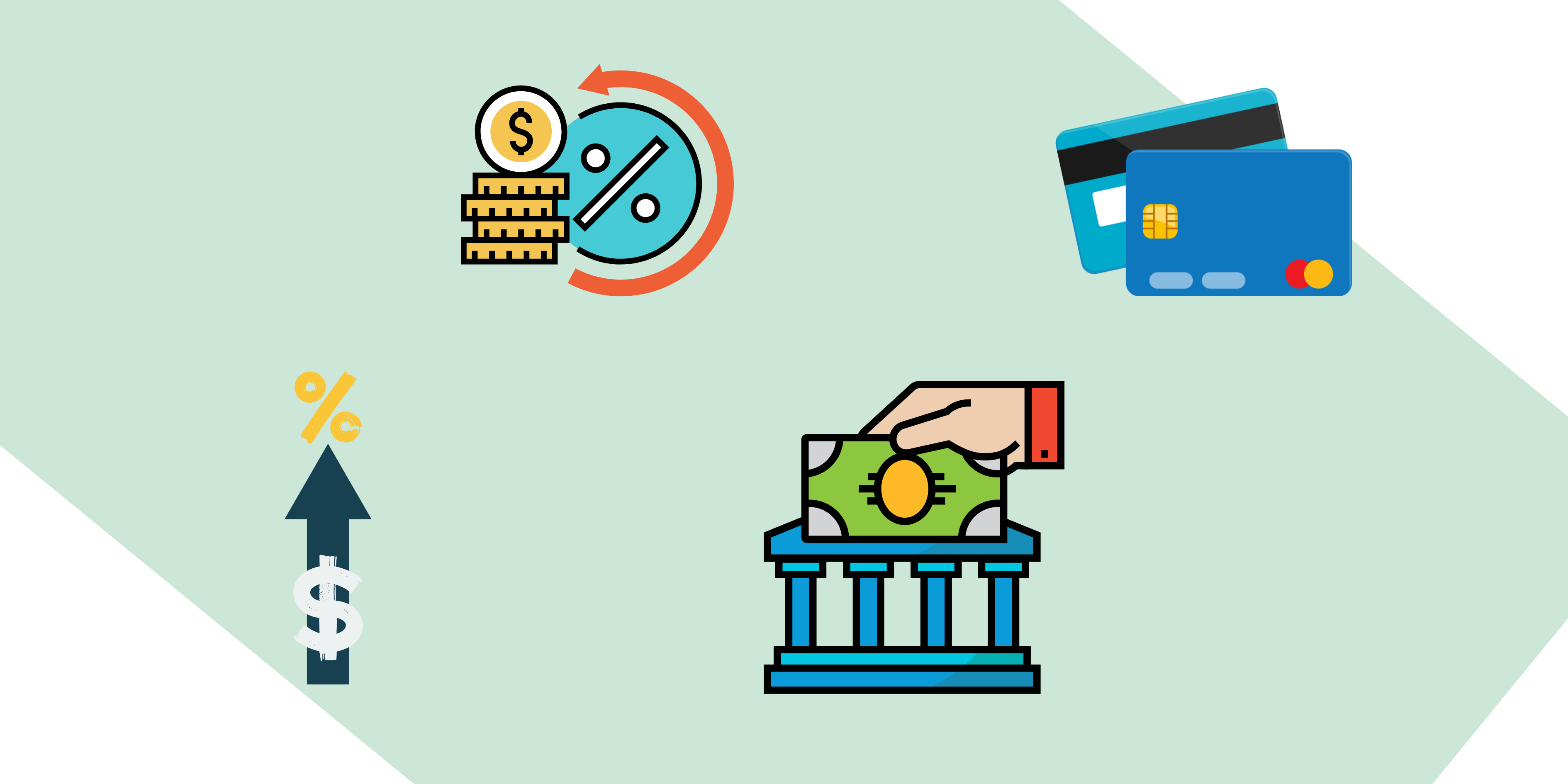

Tips to Pay off your Mortgage Faster

1 year ago

In this post, I will be covering - as the title suggests - tips to pay off your mortgage quicker in Australia. When buying property, whether it be a place to live or an investment, you will likely have a mortgage on it. For me personally, these tips are better off to be used on a property you live in because that is actual debt. What I mean by 'actual debt' is that, it doesn't give you any tax benefits and there is no rent coming in (assuming you're not renting out a room or have a granny flat). In saying that, we can also use these tips on mortgages for investment properties and maximise cash flow.
So let's find out how we can accelerate this:
In most cases, interest on your mortgage is charged daily. Your repayments might be monthly, however the interest is charged daily. In a typical scenario, your mortgage repayments are monthly, which means that after each payment, your principal amount will go down by a certain month.
If you look at your loan statement over the last year, you might notice that the amount of principal you pay increases each month. So how can you tackle this? We can change the default payment to weekly or fortnightly. This way the amount of principal paid will increase each payment as the interest is charged daily.
Well, this is common sense and I am sure you are aware of this. However, this can be difficult to execute with cost of living pressure and inflation rising. But, when executed correctly, it can make a big difference. Let's have a look:
Assume you have a $500,000 mortgage and decide to leave it to default monthly payments. You will be paying your mortgage for the next 30 years. Assuming your interest rate is 5% - the repayments will be $1238 per fortnight. If you decide to make extra payments of just $100 every fortnight (you can if you skip that stupid brunch on weekends), you could potentially save 4 years and 4 months off your mortgage and save over $76,339 on interest alone.

Source: https://www.loanmarket.com.au/calculators/extra-mortgage-repayments
This is probably the most well known way of lowering the amount of interest charged on your loan. The way offset accounts work is pretty simple. Again, let's assume that you have a $500,000 mortgage and have an offset account linked to this mortgage. If you have around $40,000 in your offset account - the interest charged on your mortgage will be ($500,000 - $40,000 = $460,000) on $460,000. This would mean that each payment you will be paying off more of the principal.
You can take advantage of this further by having your salary deposited into the offset account and using a credit card for your day to day expenses. Obviously, we have to avoid falling into credit card debt. So, most credit cards will have an interest free period (say 55 days) - this means that you don't have to pay off that credit card for almost 2 months in this case. Hence, reducing the interest charged on your loan as you have more money in your offset account. This can be tricky and mean more work but if you're saving tens of thousands at the end of your mortgage, might be worth the work? Definitely speak to a financial advisor before doing this - I am just some guy on the internet.
You might see many ads from banks and lenders offering cash back offers for switching loans to them. This varies from bank to bank but you might get a few thousand dollars back just to move your loan from one bank to another. But don't move just for this cash back. You must compare the products of the banks and only move if the bank or lender is offering lower interest than your current lender. This way your monthly repayments can reduce plus you get a few thousand dollars. You can use the cash back to pay down the mortgage even further. Just beware, there is a lot of paper work involved in order to do this.
Alright, that covers some ways to tackle the mortgage. Now we don't have to do this, but I would definitely do it for a property that I am living in. For investments, this can work out well because these strategies can increase your cashflow.
Here's the disclaimer - I am not a financial advisor so this isn't professional advice. Properties are a big investment and depend on your circumstances - please seek professional advice before making your decisions. I am just some guy on the internet and only sharing what I would do. You can contact me though.
Copyright © 2026. All rights reserved.